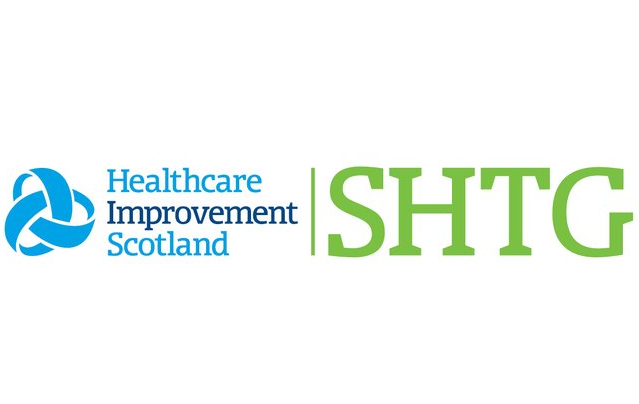Outpatient parenteral antimicrobial therapy (OPAT)

SHTG Recommendations for NHSScotland
Outpatient parenteral antimicrobial therapy (OPAT) services should be offered to clinically appropriate patients with serious infections who do not require hospitalisation beyond their need for antimicrobial therapy.
NHSScotland Boards should aim to offer a flexible OPAT service with multiple care pathways designed to meet individual patient needs within the context of local resources and geography. Alternative care pathways include outpatient clinics, nurse visits to patients’ homes, or patient or carer self-administration at home.
All OPAT services should ensure clear, ongoing communication with patients and their carers throughout their care. This will ensure that any concerns and risks associated with home-based OPAT are managed as part of the service.
NHSScotland is required to consider the Scottish Health Technologies Group (SHTG) advice.
How the Council reached the recommendation
- The Council recognised that the range of published literature illustrates how each OPAT model of care has advantages and disadvantages, and that a flexible service - offering more than one model of care - should ideally be available to ensure that relative advantages are attained according to differing patient needs.
- The Council acknowledged that increased equitable access across NHSScotland to OPAT services would progress the national aim to provide care closer to home, support patient preference to avoid hospital, and reduce pressure on hospital bed capacity. Equitable access should take into account socioeconomic groups and gender.
- The Council discussed the BSAC good practice recommendations for OPAT in adults and children in the UK. The Council agreed that the BSAC recommendations should be adhered to within OPAT services in Scotland. Of particular note within the BSAC good practice recommendations, the Council noted the importance of the OPAT multi-disciplinary team, and the provision of 24-hour access to OPAT support. Information on how to access and provide this support should be communicated in writing to patients and service providers respectively.
- The Council debated the challenges around funding of OPAT services. Whilst it was recognised that OPAT generates efficiency savings for NHSScotland, an inability to reallocate resources between care providers (for example, between inpatient and outpatient services, or between primary and secondary care) means that additional funding will be required to initiate equitable OPAT provision across Scotland. Additional funding requirements are largely driven by an increased workforce requirement to deliver OPAT, for example specialist pharmacist input.
- The ongoing COVID-19 pandemic was referenced during the Council’s deliberations. A shift towards increased intravenous antimicrobial provision closer to the patients’ home reduces the number of patients visiting or staying in hospitals. An increase in the use of telehealth during the pandemic was also suggested as a means of providing remote support to patients receiving OPAT.
- The Council referenced the importance of local context, and that the provision of OPAT should take into account local delivery constraints. The Council were clear that this should not affect access to OPAT services per se, but that it may impact upon the most appropriate model of care for individual patients.
- The Council discussed how OPAT is an important part of the national antimicrobial stewardship strategy. OPAT could reduce the risk of nosocomial infection, minimise unnecessary antibiotic use, and ensure patients are involved in decision making around antibiotic use.
- The importance of ongoing data collection and analysis was emphasised by the Council, in order to inform future service decisions. It was proposed that all OPAT services in NHSScotland should be encouraged to participate in the BSAC OPAT initiative to support service development and quality improvement.
Date of publication: 10 July 2023